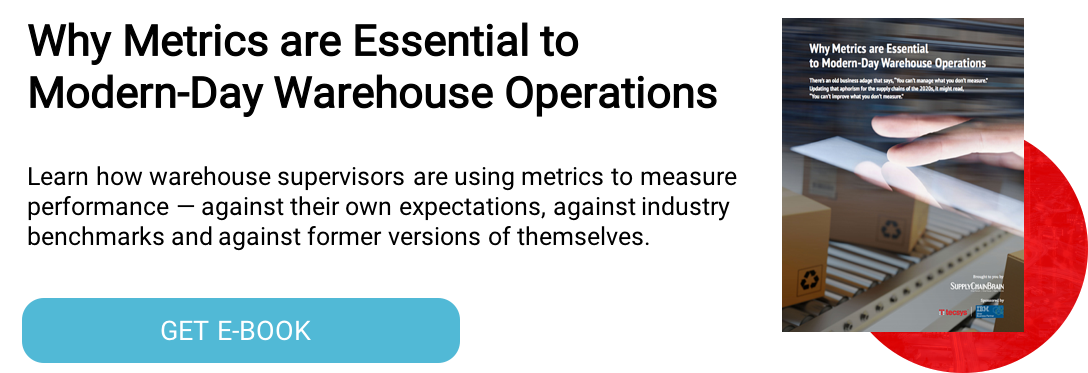Pragmatic Supply Chain AI: Start with the Problem, Not the Solution

“My aim is to keep an open mind,” explained Vasco Kollokian during our recent conversation on The Great Supply Chain Podcast. “We need to identify use cases of a more pragmatic sense and experiment with it — see what works, see what doesn’t work and what can bring some practical value to real folks on the floor. Eventually, we’re going to be using AI every day and what seems far-fetched today may one day be less far-fetched in the spectrum of how we’re using it. But right now, it isn’t very valuable to focus on the parts of AI that are too abstract when there are real applications that I can look at today that will help me do my job better and help my organization save money and be safe.”
In this episode of The Great Supply Chain Podcast, Bill, Vasco and I discuss how to square the circle of artificial intelligence (AI) in supply chain. AI is that ubiquitous buzzword that we hear about far more than we see in action. And how often are data insights packaged as AI when, in essence, they are advanced analytics? This is by no means to disparage advanced analytics, mind you; there is abundant value for data insights that do not leverage AI. In fact, this is the springboard for our discussion.
We explore the idea that AI may be an appropriate vehicle for insight into a problem, but that business problem itself, rather than the promise of what AI can do, must be ground zero. Only then can we evaluate whether machine learning is a more effective tool than a traditional rule-based system. Through our discussion, we touch on the governing threshold between advanced analytics and AI in warehouse management, the interplay between AI and human-centric operations, the role of technology as a support function to manual processes, and a deep dive into a use case around minimizing distance traveled in picking sequences and intelligent batch picking.
This podcast gives a practical starting point for how to think about AI in the context of a typical warehouse, stripped of the noise and the hype that is muddying the value of this advanced technology. Because at the end of the day, as Vasco noted, artificial intelligence has been around for 65 years — and in echoing John McCarthy, viewed as a founding father of AI — it should be seen simply as systems that perform actions that if performed by humans, would be considered intelligent.
3 Key Takeaways
1. Have No Fear
AI is not something that we should fear, but rather embrace. AI is not going to replace humans; it is here to enhance our jobs and help us do our jobs better.
2. Be Practical
You should approach it from a practical perspective to see if your business problems are AI worthy. Identify the most important problem areas that your company wants to solve. Once this is identified, determine whether or not this problem can be solved by AI and if it is complex enough to be solved by AI?
3. Keep an Open Mind
Don’t jump to conclusions when it comes to AI. Be open-minded and experiment because you’re not going to solve this upfront in one shot.




